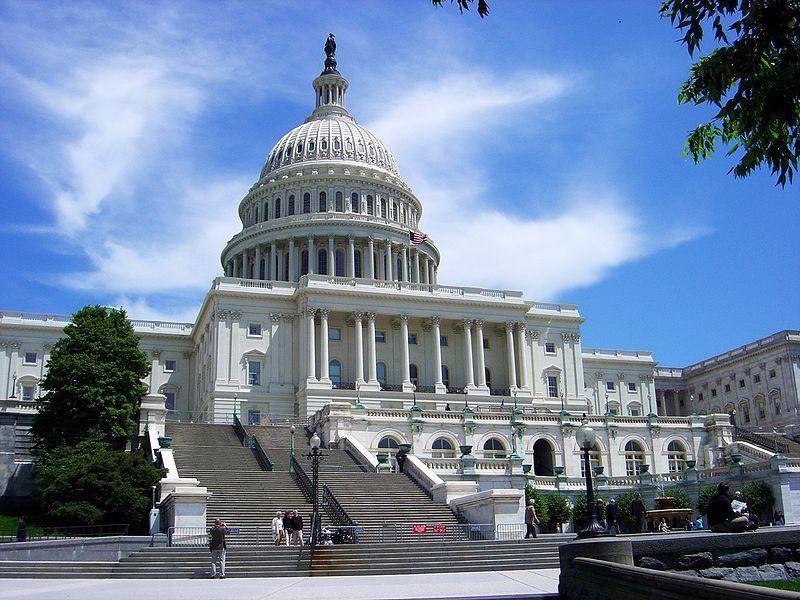Latest figures say U.S. deficit declining, economy improving
On Thursday, the U.S. Senate passed legislation granting incentives to employers who hire veterans.
The federal budget deficit is shrinking. That might not surprise you if you know about the sequester and other budget gymnastics that have gone on in Washington.
But, what’s perhaps more surprising is that the deficit is shrinking far faster than anyone in Washington anticipated it would. That bit of information, together with a slew of other recent economic reports about the state of the housing market and consumer confidence paint a brighter picture of the economy than we’ve gotten used to seeing.
According to the Congressional Budget Office, this year’s budget deficit will shrink to $642 billion, which is, while large, just four percent of U.S. gross domestic product, or roughly where the deficit stood in 2008. In 2009, the deficit rocketed up to $1.4 trillion.
Charlie Herman, WNYC’s business editor, said said the government is both spending less, because of the sequester, and taking in more through taxes, including the payroll tax increase that went into effect in January and a hike on the highest income tax rate.
“At the same time, there was this big rush by really wealthy taxpayers to try and take advantage of tax benefits, because their taxes were going to go up in the start of 2013,” Herman said. “So they did a lot of things in (late) 2012 to try and take advantage of lower tax rates that still led to more money being collected by the government.”
Corporations are also doing well, taking in more income and therefore paying more in taxes.
But Herman says it’s not all good news. Much of this newfound tax prosperity comes from increased economic activity. And, Herman says, if we didn’t have the sequester and didn’t go over the fiscal cliff, we might actually see stronger growth, and therefore even greater decreases in the deficit.
“But whatever the case, this is the situation we’re in now,” he said.
And a new report out Thursday said consumers were spending — a little surprise to economists who thought the payroll tax increase would lead to spending reductions.
Consumer confidence is at a five-year high, Herman said, perhaps attributable to increases in housing prices and the stock market.
“There’s a thing called the wealth effect, where you begin to feel better about how well you’re doing when you see these indicators,” he said. “And the other big thing to point out is gas prices really haven’t risen like we normally see this time of year.”
But the U.S. government’s debt continues to grow each month. And that becomes a bigger problem when you look out to 2023 or 2024, when there are more people earning social security, fewer people working and paying taxes and a great deal of accumulated debt to also be paid.
And the dark-side to this budgetary success is that, if the economy is doing well and the deficit is shrinking, government officials may feel less pressure to deal now with what will undoubtedly be a problem in 10 years.
“If those numbers are coming down, then you begin to feel it’s beginning to resolve itself,” Herman said. “We still need to tackle it, but it’s not as pressing as it was before. We don’t have this debt ceiling or a fiscal cliff or something that, if we don’t resolve it right now, we’re going to go off the rails.”
But government official would be wrong to feel that way, he said.
